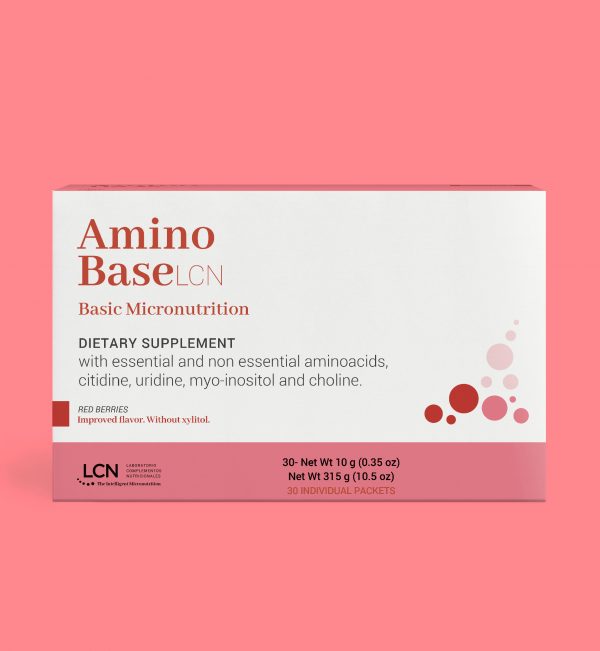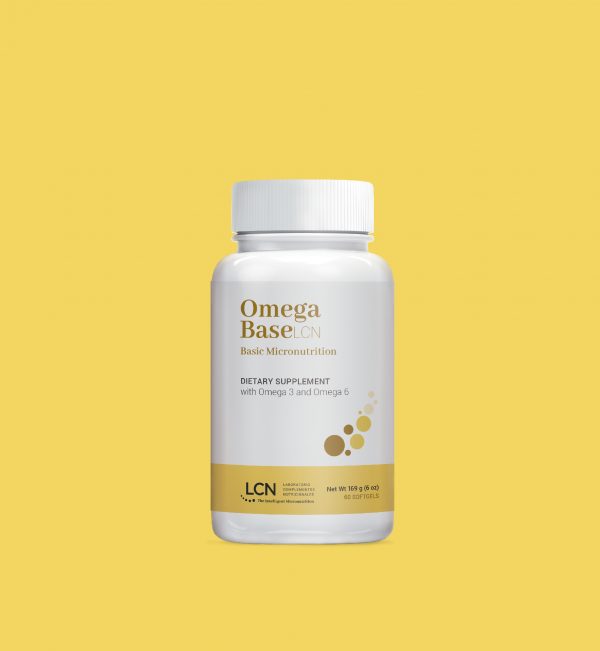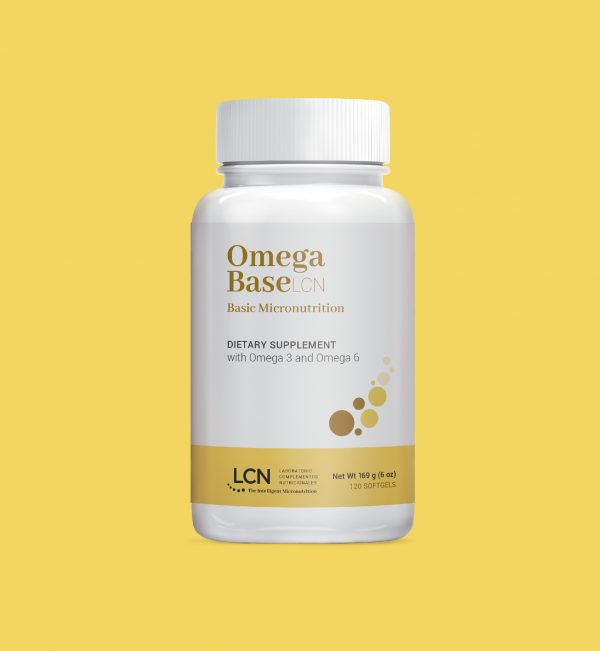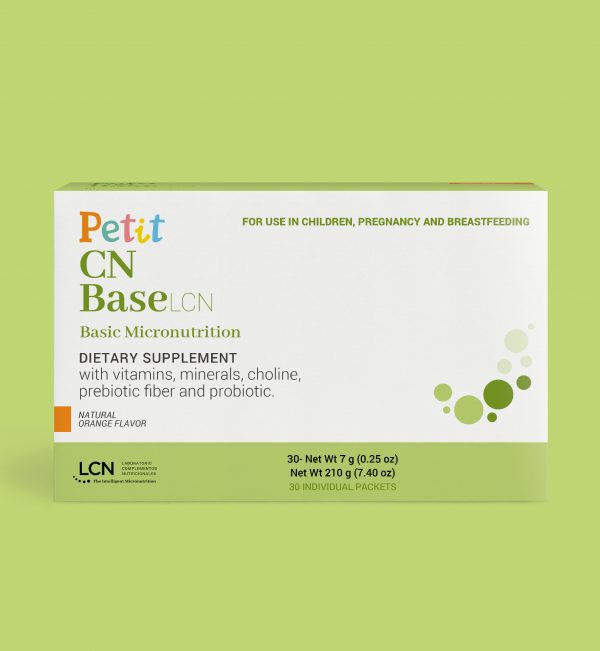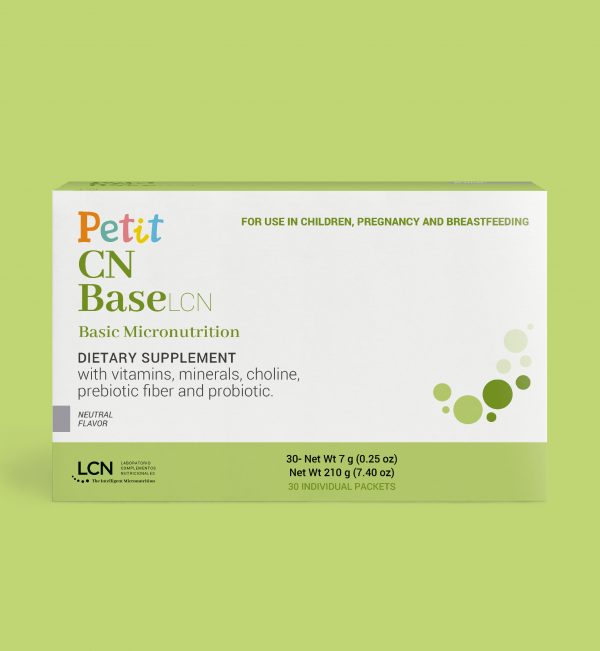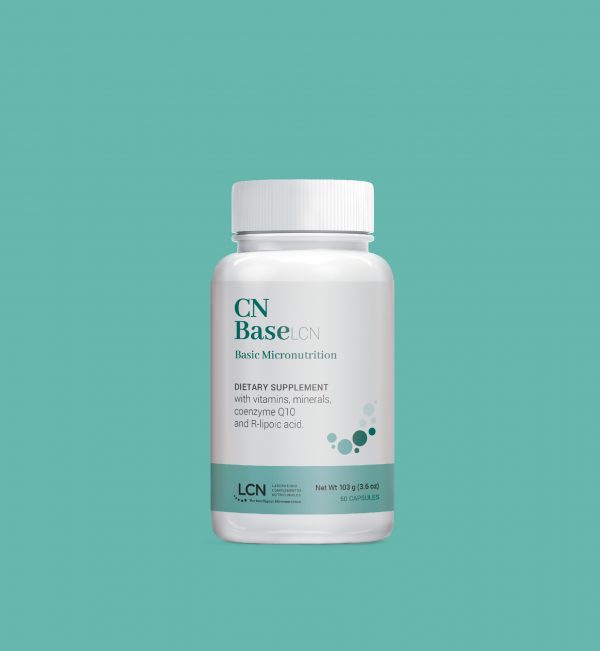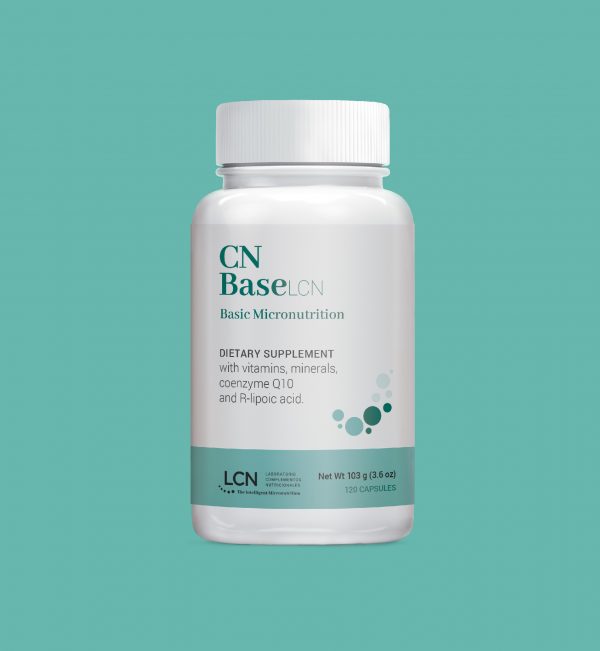Omega-6 (LA)
What is it?
Linoleic acid (LA) is an essential nutrient and a basic micronutrient, as the body is unable to synthesize it. It is an essential fatty acid. Made up of 18 carbons and 2 double bonds, it is liquid at room temperature. LA is abundant in liquid vegetable oils such as sunflower oil, corn oil, soy oil, etc.
LA supplementation
Linoleic acid comes mainly from oilseeds and green leafy vegetables. It is also found in significant amounts in foods of animal origin, including oily fish, dairy products, and whole eggs. In supplementation, it is normally ingested in triglyceride form. In the population, it is consumed excessively due to the types of vegetable oils used in pre-packaged and prepared foods, salad dressings, all types of industrially produced foods.
Foods with LA
LA is found in sunflower, soy, corn, and safflower oils, and in many foods, and therefore is consumed in large amounts by Westerners.
To do its job properly, it needs to come from foods that have not been processed or subjected to aggressive cooking methods (frying), as it can become damaged and oxidize.
Role of omega-3 and omega-6 in inflammation.
LA and AA are found in high proportions in most of the foods we eat on a daily basis: fried foods, refined foods, baked goods, pastries, cured meats, and prepared foods.
The fatty acids present in these processed foods are oxidized, making them harmful to health. With this low quality of fatty acids, we prevent proper functioning of the delta-6-desaturase enzyme, leading to an imbalance. The omega-3 pathway is not activated, and therefore there is less endogenous production of anti-inflammatory molecules. To compensate for this imbalance, direct intake of GLA easily increases levels of the active DGLA metabolite, which produces its own anti-inflammatory molecules (PGE1). Moreover, GLA ingestion releases delta-6 desaturase to reactivate the omega-3 pathway if supplied at the same time as ALA. In people with metabolic problems, the conversion of LA to GLA is limited, making GLA supplementation even more necessary.
In reality, intake of high-quality omega-6 (molecular structure intact, in triglyceride form) is low: plant-based fats or foods, seeds, and nuts. Therefore, adequate supplementation is required.



